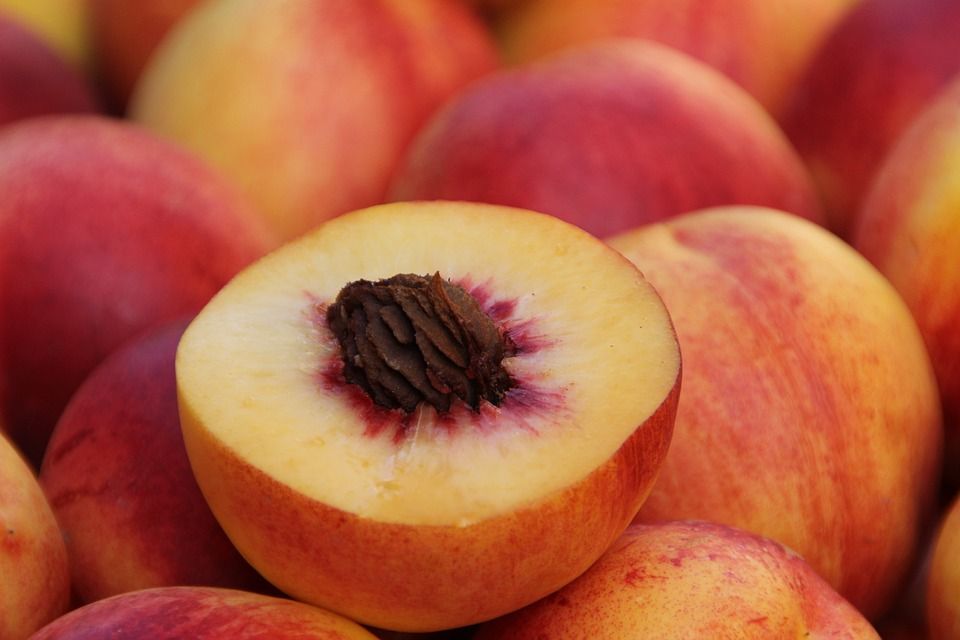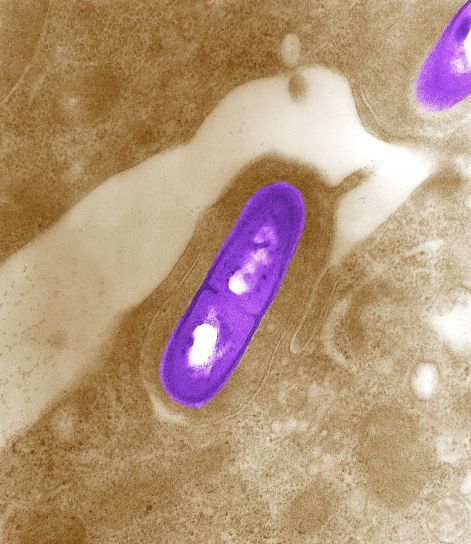We're not even a full month into 2019, but there's already been multiple recalls affecting certain meats, flour, medications, and even cars.
Now you can add peaches, nectarines, and plums to that list.
The U.S. Food and Drug Administration (FDA) just announced a recall of the fruits over fears of a potential listeria monocytogenes contamination.
The fruits were distributed by New York-based Jac. Vendenberg Inc., and have been sold in more than a dozen states across the country.
- In Alabama, Georgia, Kentucky, Mississippi, North Carolina, South Carolina, Tennessee, and Virginia, peaches, plums and nectarines were sold in Aldi stores.
- Walmart stores in Kentucky, Maryland, New Jersey, New York, Ohio, Pennsylvania, Virginia, and West Virginia also sold tainted peaches and nectarines.
- In California, Costco sold the nectarines, while Fairway Market in New York sold both nectarines and peaches.
- Hannaford in Maine sold peaches, and Market Basket in Massachusetts carried nectarines and peaches.
The peaches and nectarines were sold in bulk and are marked with the following PLU stickers: 4044. 3035 or 4378 with Chile as the country of origin.
At Aldi, the fruits were sold in two-pound bags under the brand Rio Duero. They have the following EAN numbers: 7804650090281, 7804650090298, 7804650090304.
Costco sold the same brand of nectarines in four-pound bags with an EAN number 7804650090212.
If you have any of the affected fruit, you should throw it out right away or return them to the store where you bought them for a refund.
For more information, you can contact the company at compliance@jacvandenberg.com.
So far no illnesses related to this recall have been reported, but it's important to note that a listeria infection can take anywhere from 11 to 70 days before its flu-like symptoms begin to manifest.
If the infection spreads to the nervous system, it can trigger headaches, confusion, tremors and convulsions, stiff neck, and loss of balance. In some severe cases, a patient might experience a blood infection, encephalitis, and meningitis, all of which can be fatal.
If you've eaten a recalled fruit or suspect you have listeria, you should seek medical help immediately.





